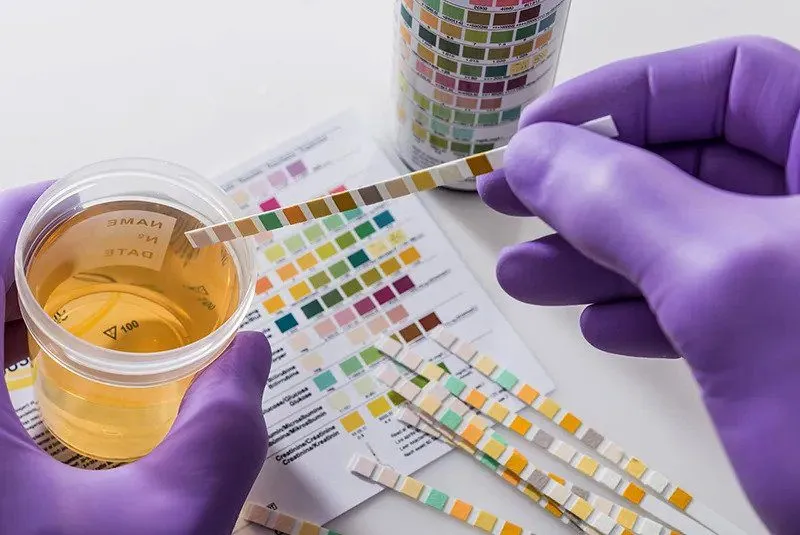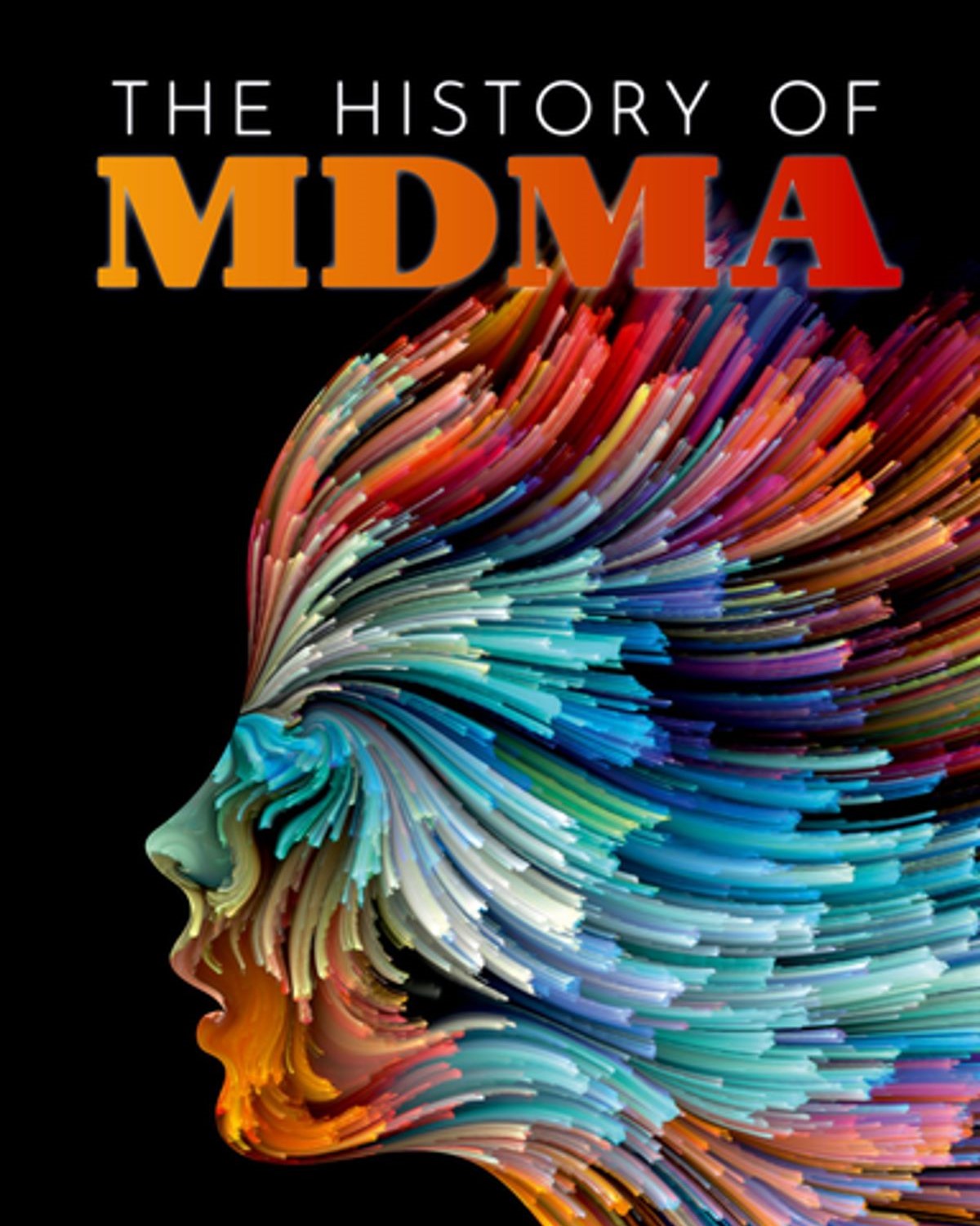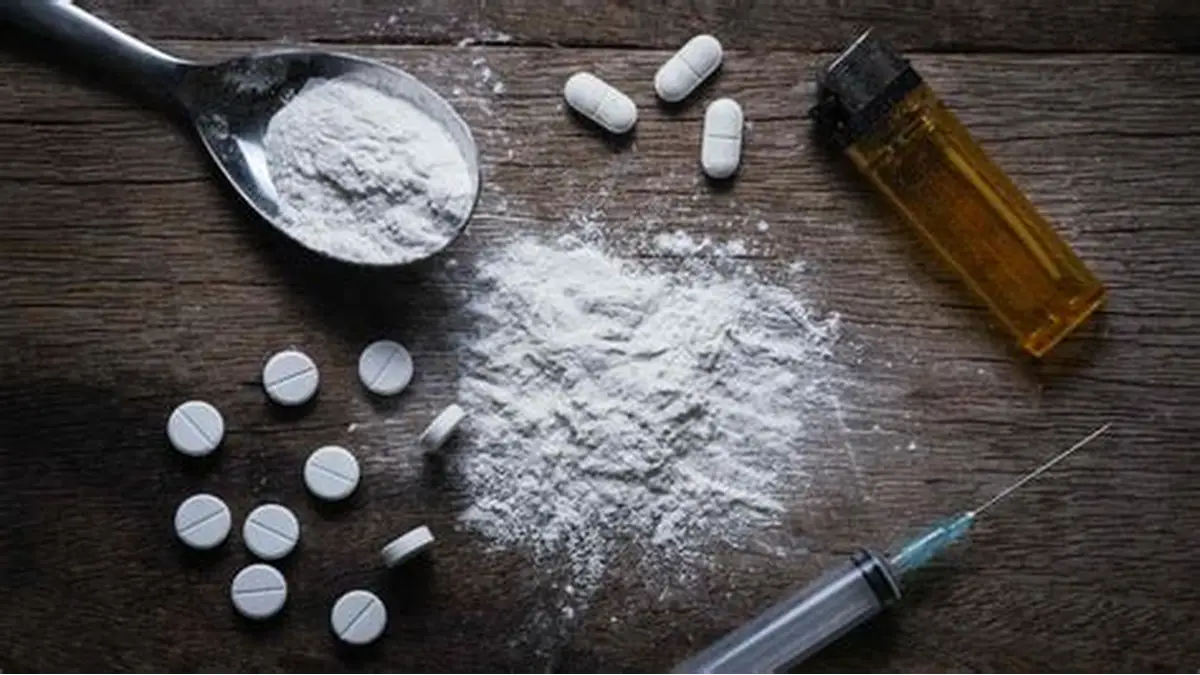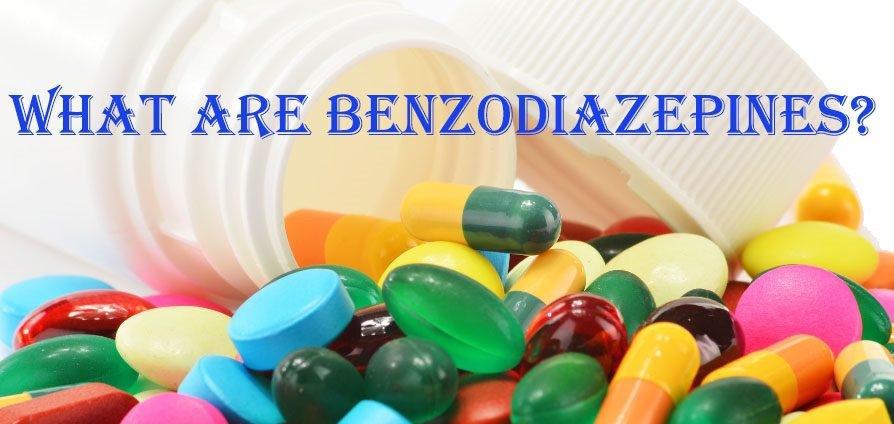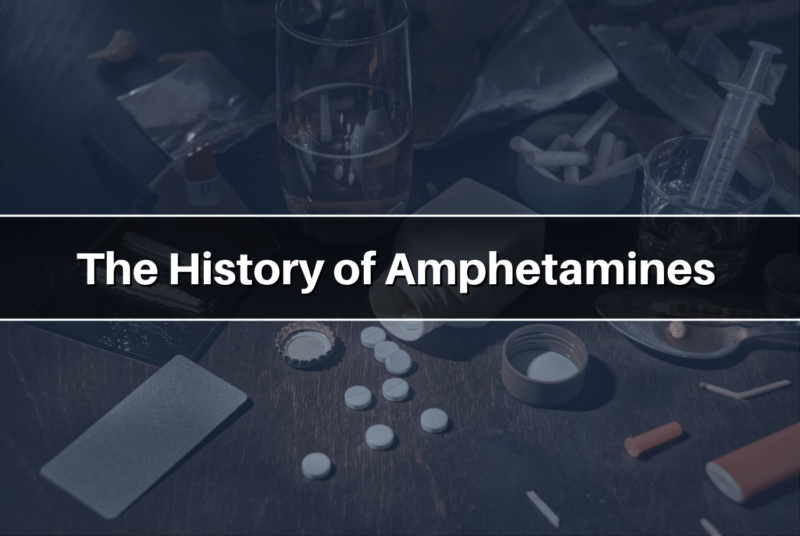Reliability of Urine Drug Testing
Urine Drug Screens (UDS) are commonly used in probation and parole. However, UDS can be unreliable due to false positives, false negatives, and short detection windows. Confirmatory tests—GC-MS, LC-MS/MS, hair, blood, and lab-based oral fluid analysis—offer more accurate evidence. Combining initial screening with confirmatory testing and behavioral monitoring allows probation systems to assess compliance fairly … Read more
